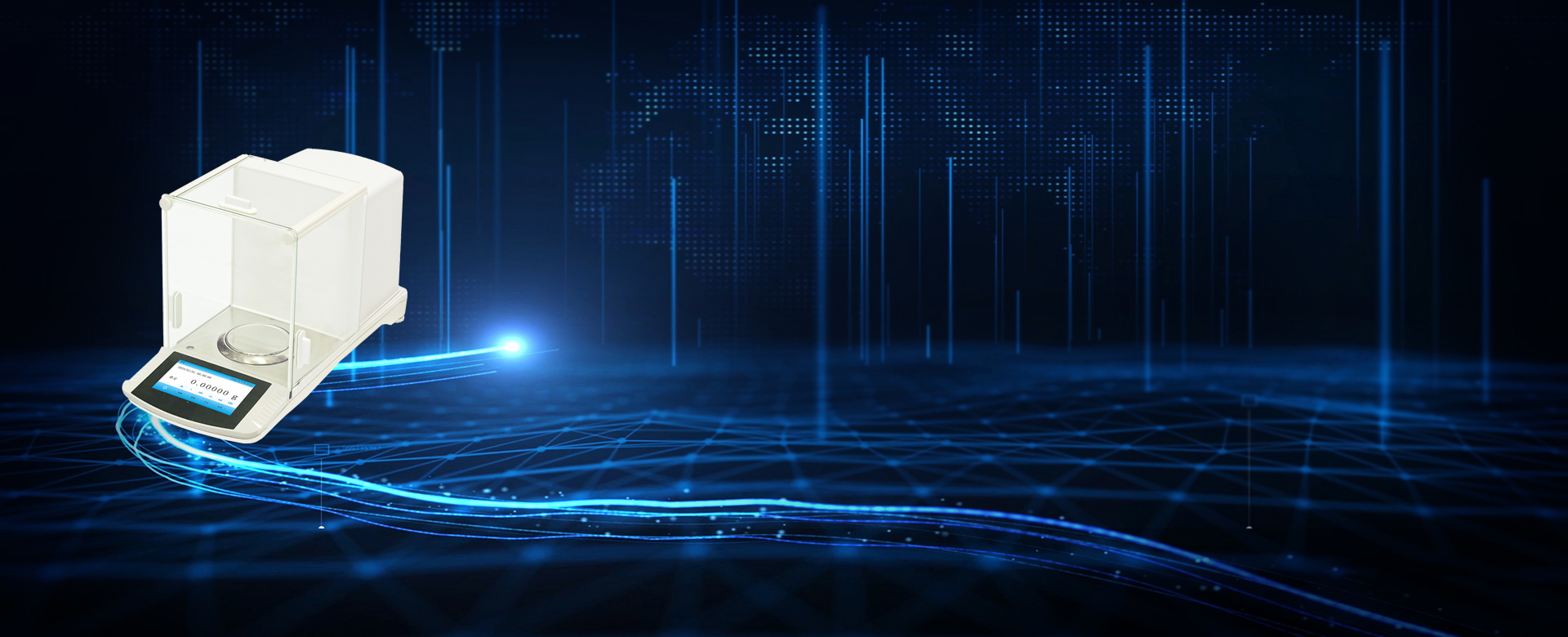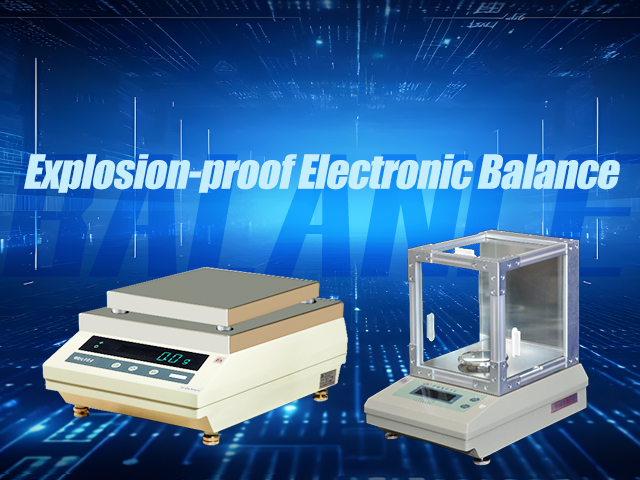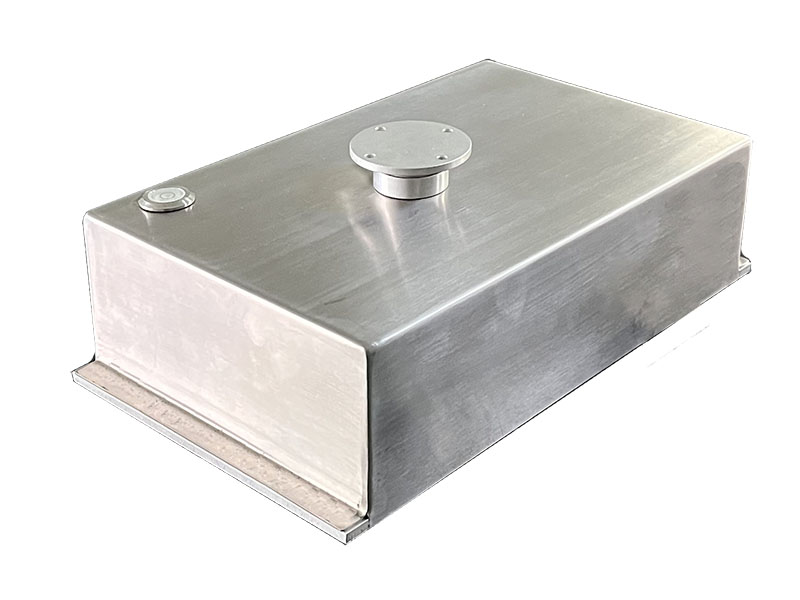
Features:
Electromagnetic force transducer
Overload and underload alarms
Temperature compensation and timed calibration
304 stainless steel housing,fully sealed,sturdy and durable
Applications:
JD-MK weighing modules are widely used in the field of automated measurement,such as on automated production lines in the food,defense,battery and photovoltaic industries.
Specifications:
|
Model |
JD-4MK |
JD-3MK |
JD-2MK |
|
Capacity |
110 g ~ 220g |
100 g ~ 500g |
1000 g ~ 5000g |
|
Readability(d) |
0.0001 g |
0.001 g |
0.01 g |
|
Minimum Weight (U=1%, k=2), typical |
0.001 g |
0.01 g |
0.1 g |
|
Repeatability(±) |
0.0001 g |
0.001 g |
0.01 g |
|
Linearity(±) |
0.0002 g |
0.002 g |
0.02 g |
|
Sensitivity Drift |
±2 ppm/℃ |
||
|
Make |
LT |
||
|
Calibration |
Motorized External Calibration |
||
|
Weighing Indicator |
Optional |
||
|
Response Time |
3-5 Sec |
||
|
Pan Size(mm) |
φ48 mm(customizable) |
||
|
Tare Range |
Full |
||
|
Operating Temperature |
+10℃ to +40℃ |
||
|
Humidity |
20%RH~85%RH |
||
|
Density |
Function Available |
||
|
Unit |
g,mg,oz,ct,lb,ozt,dwt |
||
|
Baud Rate Options |
1200,2400,4800,9600 |
||
|
Interface |
RS232/RS485 |
||
|
Power Supply |
AC/DC Adapter |
||
|
Dimension (LxWxH) |
193 x 116 x 68 mm (customizable) |
||
|
Gross Weight |
1.8 kg |
||
|
MOQ |
50 Pcs |
||
|
Customs Tariff Number |
9016001000 |
||
Note:
Standard Accessories: Main Instrument,Weighing Pan,Ring,Power Adaptor,Antivibration Pad,Test Certificate
FAQs:
1.What are the main applications of laboratory balances?
Laboratory balances are widely used in research, industrial, pharmaceutical, food, and other sectors where precision and accuracy of mass measurements are crucial.
They are used to weigh chemical substances, samples, medications, laboratory materials, and other objects requiring precise mass measurement.
2.What are the differences between analytical and precision balances?
Analytical and precision balances are types of laboratory balances, but there are some differences between them.
Analytical balances are more precise and have a greater ability to accurately measure small masses, often to milligrams or even micrograms.
Precision balances usually have less precision and may have a higher capacity, but are still used for measurements requiring high accuracy.
3.How to care for a laboratory balance to ensure its accuracy?
To keep a laboratory balance in good condition and ensure its accuracy, it is important to regularly perform calibration according to the manufacturer’s recommendations.
It is also important to keep the balance clean and avoid exposure to environmental conditions that could affect its performance, such as vibrations, humidity, or temperature.
4.What factors should be considered when choosing a laboratory balance?
When choosing a laboratory balance, consider several factors such as the measurement range and precision, the type of samples that will be weighed, available features and calibration options, build quality, and compliance with standards and regulations related to laboratory measurements.
5.Are laboratory balances calibrated before delivery?
Most laboratory balances are calibrated before delivery by the manufacturer to ensure their accuracy.
However, regular calibrations in the laboratory are recommended according to the manufacturer’s guidelines to maintain high-quality measurements throughout the usage period.
6.What types of laboratory balances are available on the market?
Various types of laboratory balances are available on the market, including analytical, precision, and laboratory balances of different capacities and precision.
There are also specialized balances for specific applications, such as balances for weighing toxic substances, moisture analyzers, and others.
7.What are the advantages of using laboratory balances in a laboratory?
Laboratory balances allow for accurate and repeatable mass measurements, which are essential in many research and industrial fields.
They also provide standardization and precision in measurements, facilitating the conduct of experiments, scientific research, and quality control in production.










